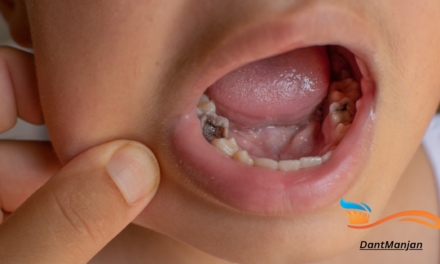The realm of oral health has long acknowledged calcium as one indispensable mineral because strong teeth and bones depend on it; it is significant according to professionals in dentistry research; apart from calcium, however, different important minerals influence oral health.
Understanding How Important Minerals Are in Oral Health
The human body needs minerals to function properly. They play an important role in different processes in our bodies. One of the things they do is give us strong teeth that do not decay easily and maintain oral health as a whole. Calcium, phosphorus, magnesium and fluoride are some of these special types of minerals.
Calcium: The significance of calcium can be felt in the mouth, vitality and prevention of tooth decay are paramount. It is generally known for bone-building and tooth strengthening. It makes up most of the stuff in tooth enamel that encases our teeth and protects us against wear and tear associated with daily scratching. Calcium must be supplied in sufficient quantities so that enamel can resist breaking, thus reducing the chances of teeth rotting from acids that would otherwise damage them by softening them first.
Phosphorus: It is as important to us as calcium When combined with calcium, phosphorus helps in making and re-mineralizing the teeth enamel. It is very important in making our teeth stronger and in making the enamel get repaired when damaged. Proper dental health requires a balanced amount of calcium and phosphorus.
Magnesium: Taking Care Of Your Teeth Even though it doesn’t get as much air time as calcium or phosphorus, magnesium is still somewhat crucial when it comes to keeping those pearly whites pearly white—sort of. What this means is that without enough magnesium in your diet, no matter how much you brush or floss or rinse with mouthwash every day—you’re out of luck! The same goes for calcium because, without it, there would be no bones (the human skeleton). Apart from its ability to enhance calcium absorption, magnesium also plays a significant role in maintaining gum health. Moreover, this essential mineral helps in proper muscle activities including those that help you chew or swallow.
Fluoride: The Role of Fluoride in Taking Care of Teeth When it comes to improving dental hygiene, fluoride knows no bounds. Put differently, fluoride prevents tooth decay and strengthens our teeth. How does it do so? This chemical helps in the remineralization of areas with weakened enamel as well as hindering bacteria responsible for causing cavities from growing. The common sources of fluoride include toothpaste, mouthwash, and public water supply projects in community settings.
Also Read : Oral care & its importance in smiling as a natural gift
Conclusion:
It is crucial to take notice of mineral intake for optimal oral health. The strength and resilience of teeth are influenced differently by calcium, phosphorus, magnesium, and fluoride; they also enhance gum health alongside general body wellness. Therefore, when such people consume foodstuffs rich in minerals or practice oral hygiene properly that is when they can fully get satisfied using their lips for years without catching any disease related to teeth.
FAQs:
What does calcium do for our oral health and where can we find it?
Milk, cheese, and yoghurt are excellent sources of calcium. Other options include smooth nuts such as almonds or even dark green leafy vegetables.
Would mineral boosts improve teeth health?
Although it may be of benefit to those who are deficient in specific minerals, in general, it is recommended that minerals are obtained from a well-rounded diet. Before starting a supplement program, contact a medical specialist.
How does fluoride defend against dental caries?
Fluoride pulls calcium and phosphate ions to fix soft spots that are damaged (remineralize) and makes the teeth harder for acid to destroy.





